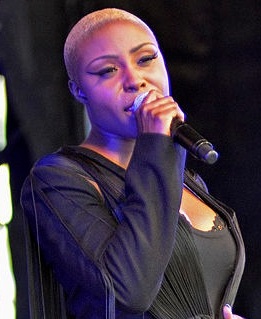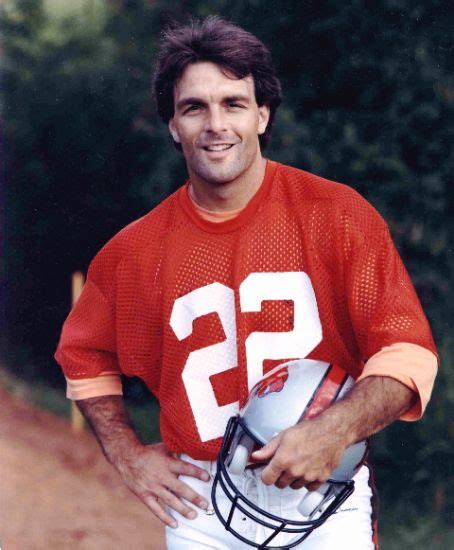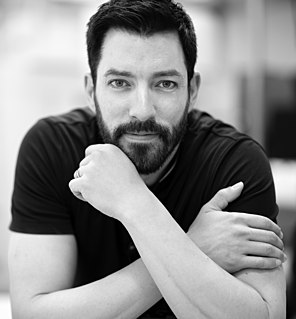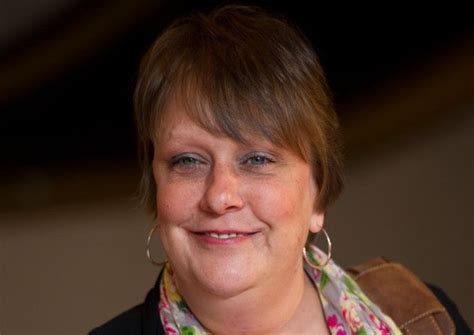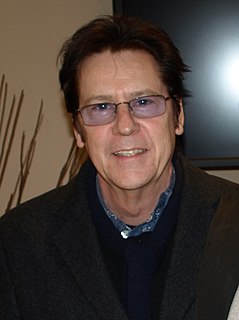A Quote by Karen Thompson Walker
This was middle school, the age of miracles, the time when kids shot up three inches over the summer, when breasts bloomed from nothing, when voices dipped and dove. Our first flaws were emerging, but they were being corrected. Blurry vision could be fixed invisibly with the magic of the contact lens. Crooked teeth were pulled straight with braces. Spotty skin could be chemically cleared. Some girls were turning beautiful. A few boys were growing tall.
Quote Topics
Related Quotes
I grew up in the suburbs of Cleveland in 1988 and there was just one year where suddenly all of the delivery kids that used to be boys were suddenly girls. It happened at our church too. Altar boys were suddenly altar girls. There was just this sense that all these young women knew there were openings here to be the first of their kind.
I remember realizing, when I did Little Women [1994], that that was the only time girls that age were being written about. It was always boys - from David Copperfield to Lord of the Flies to Holden Caulfield. There were never young women going through adolescence or teen years; there were only little girls.
America has always been the most fertile ground for models - and they were always exported to other countries. When Eastern Europe opened up its doors to the rest of the world, a lot of the girls that were basically working there for $1 a month realized that if they were beautiful and that they could go to Paris and work for $1,000 a day versus the $10,000 that the other girls were demanding. So it created a huge imbalance in the financial structure of how clients could budget out campaigns. The market became flooded.
Chris Jericho and I were really excited about teaming together, but we didn't get to sink our teeth into what we could have done as a team. We really wanted to throw it back to the glory days of Pat Patterson and Ray Stevens. We were committed, we were coming up with team moves, and all of the things were made to work.
When we were making it [Star Wars], none of the effects were in. So the first time, I thought it was, you know, that - I mean, we were surrounded by English crew members that could hardly keep themselves together. They were, "Here comes the guy in the dog suit." They made fun of us, which was OK. But the first time I was sitting in a theater, and I saw all the effects in, and the big ship flew over the audience, and the sound rumbled, I pretty much thought we were close to home.







